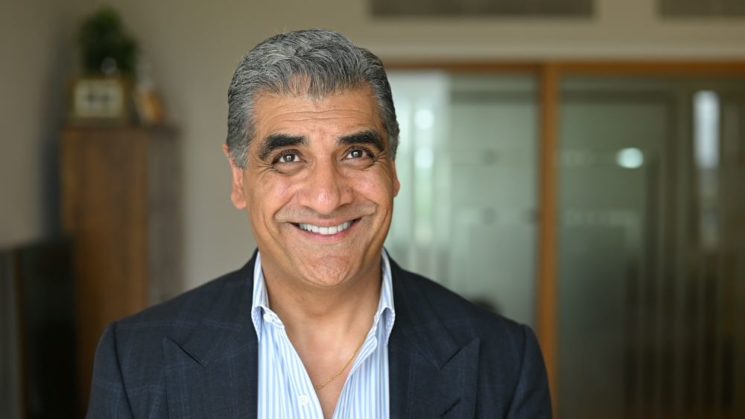Jordan Roy shares his view on Black History Month

Mr Inderpaul Birdi, Consultant Cardiac Surgeon, explains more about his role.
Read this article

We spoke to Dr Doraid Alrifai to discover more about his role as a Consultant Medical Oncologist.
Read this article

Read this article